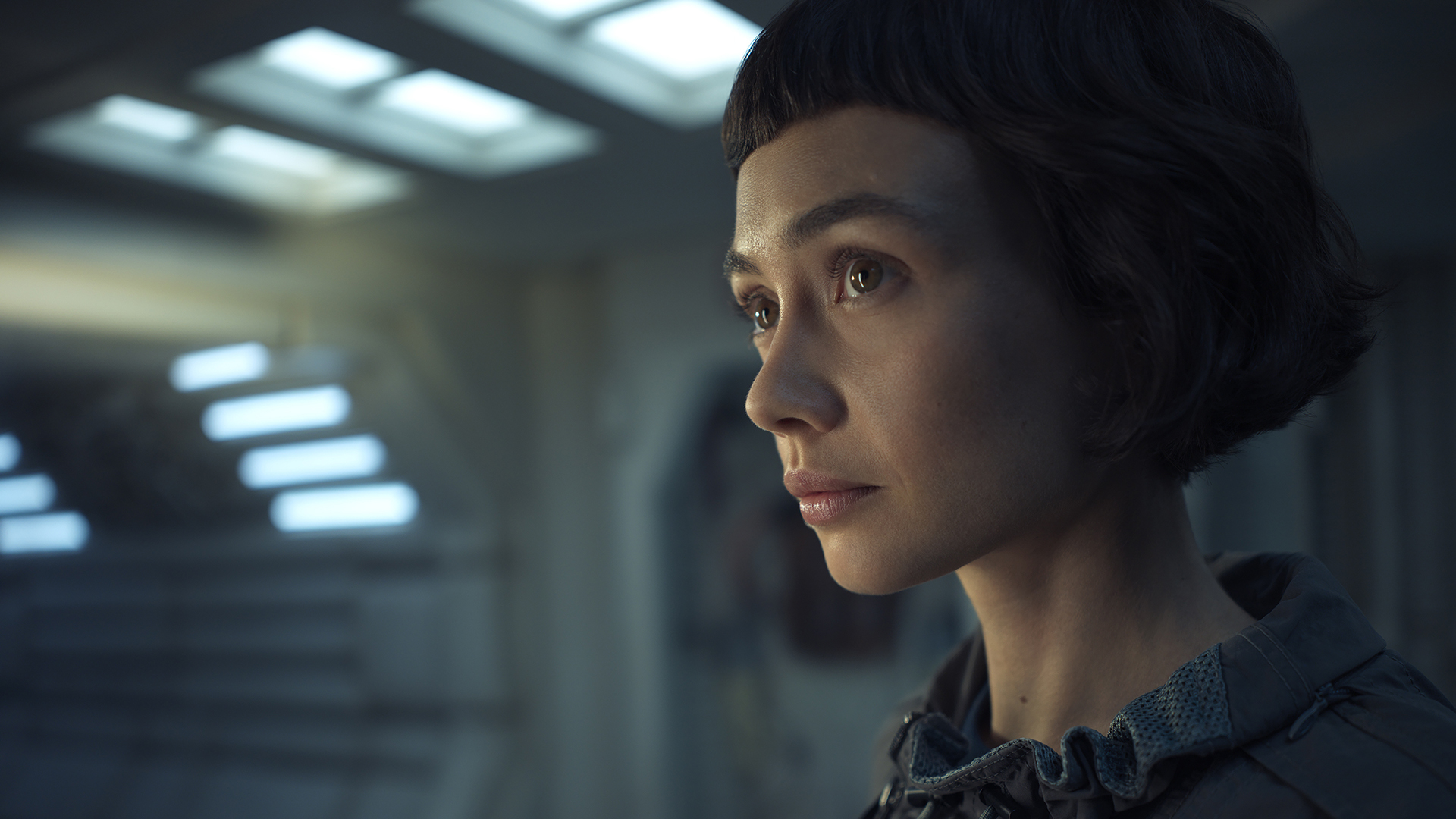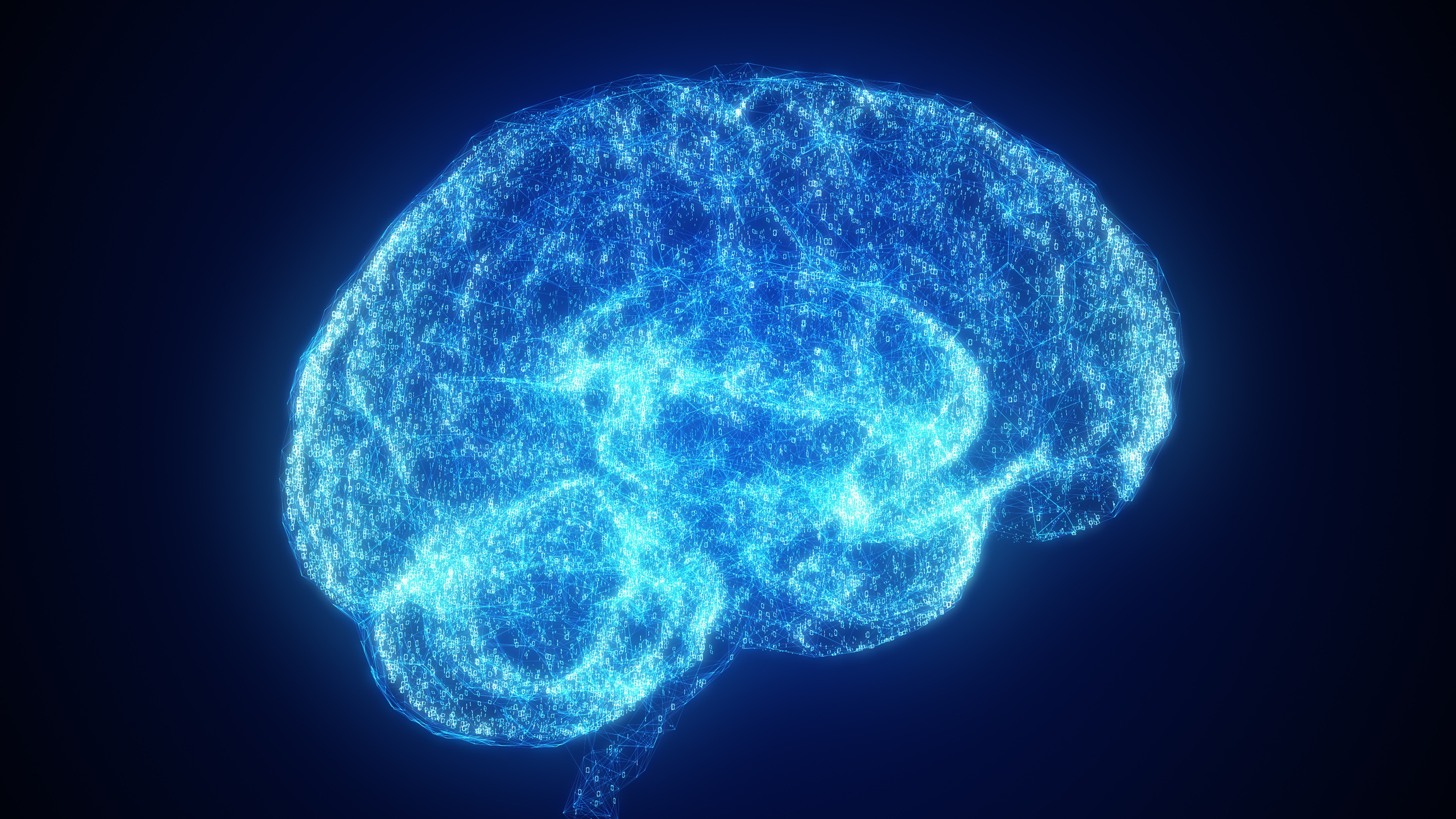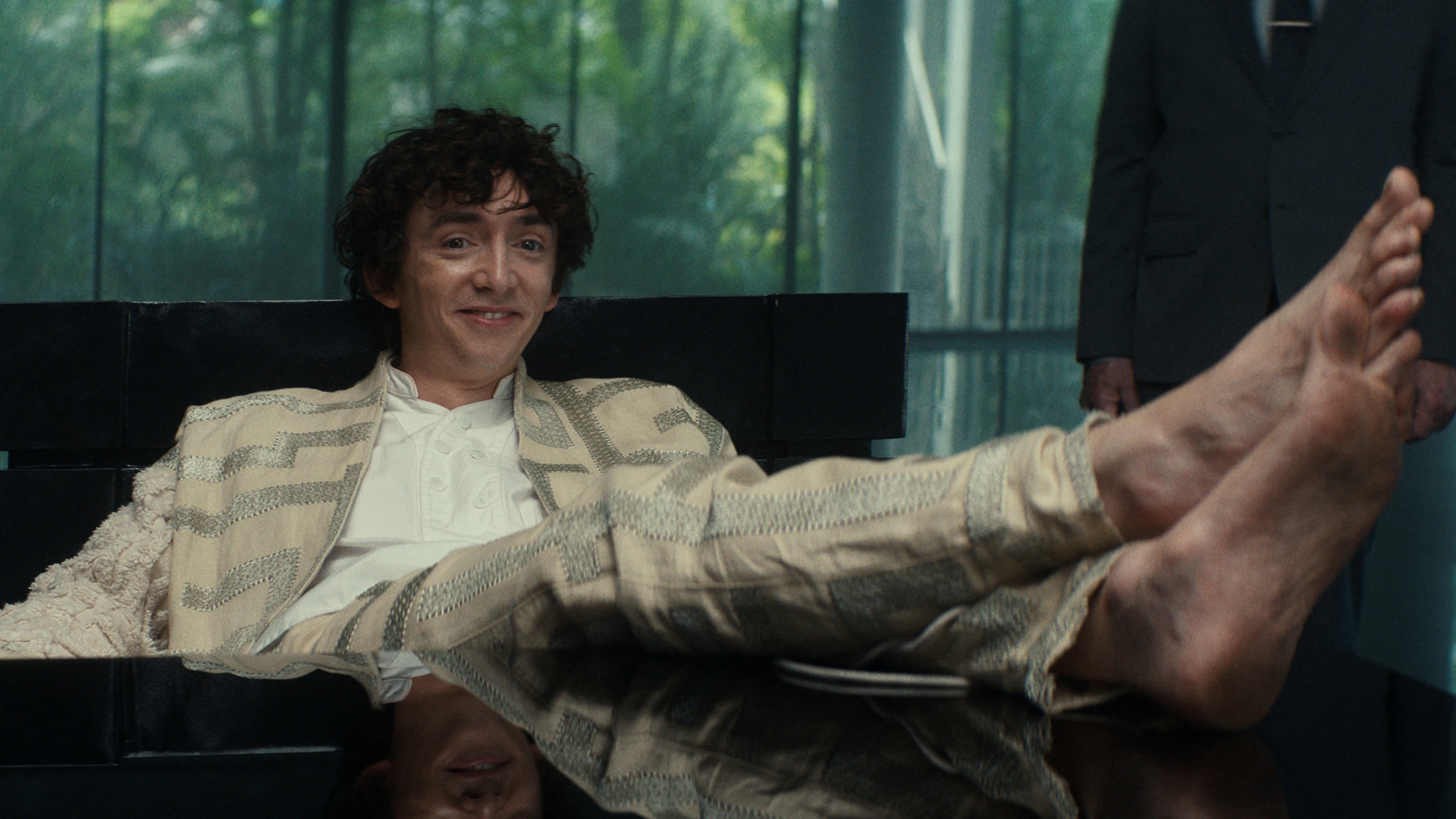Very like the Xenomorph’s life cycle, the “Alien” franchise continues to burgeon with the most recent instalment, “Alien: Earth,” which takes occasions to 2120 – two years earlier than Ellen Ripley and the doomed crew of the Nostromo appeared in Ridley Scott’s 1979 basic movie.
Spoilers forward! Created by Noah Hawley of “Legion” and “Fargo” fame, the present pushes the bounds of horror and science fiction. But, it is the latter that proves to be essentially the most intriguing within the sequence, because it showcases a model of Earth taken over by 5 main companies: Lynch, Weyland-Yutani, Dynamic, Threshold, and Prodigy. The one which “Alien: Earth” dedicates essentially the most time to is Prodigy, which is headed by Boy Kavalier (Samuel Blenkin), a younger trillionaire and maverick genius who’s equally allergic to sporting footwear and the results of his actions.
Kavalier has executed the unattainable right here: he is efficiently transferred human consciousness to an artificial physique. At his Neverland analysis island, by means of the groundbreaking Hybrid course of, Kavalier takes in terminally unwell youngsters and strikes their consciousness into ageless grownup artificial our bodies. The explanation he selects youngsters for this process? A baby’s thoughts is supposedly extra versatile than an grownup’s.
In the actual world, the switch of human consciousness stays a sizzling subject in each the scientific and synthetic intelligence fields. In 2018, Open AI CEO Sam Altman invested in an organization that plans to again up his personal thoughts, and Altman informed MIT Expertise Evaluate that he thinks this achievement will occur in his lifetime. With the speedy development of know-how, particularly in AI, one wonders if Altman’s prediction will come true, and if the transhumanist future displayed in “Alien: Earth” is inside touching distance?
In keeping with a wide range of specialists, it is nonetheless many years – if not centuries – from turning into a actuality, particularly if we attempt to replicate Kavalier’s strategies in “Alien: Earth.” Dr Hidenori Tanaka, an AI and physics skilled at Harvard College’s Heart for Mind Science, tells Area.com that this method would require recording every little thing that is occurring within the mind utilizing electrodes or optical measures. From there, a map of the mind would have to be formulated to grasp how the billions of neurons are related and interacting with one another. Because it stands, the scientific frontier for that is the fruit fly. The following step could be to analyse the mouse mind, then the human mind at a a lot later stage.
For Tanaka, AI guarantees one other potential path to realize this, though it is not a strict transferral per se. “We aren’t making an attempt to say the mind internally must be transferred to a pc or robotic,” Tanaka says. “However what now we have been discovering on this interface between AI and mind science is by the act of mimicking how we converse, how we classify pictures, or how we behave, we’re beginning to see a lot nearer neural patterns within AI’s mind and the actual mind.”

Theoretically, this might result in a replica or clone of the thoughts; nevertheless, this raises one other query altogether. “An uploaded thoughts could be a replica, not the unique, questioning what ‘self’ means,” Professor Sylvester Kaczmarek, an AI skilled specialising within the area sector, says.
Professor Crystal L’Hôte, director of philosophy and ethics at St. Michael’s School, shares an analogous concern concerning the transferal of consciousness, particularly when it comes to id and continuity of the individual. Would this new physique nonetheless be the identical individual with all their quirks and mannerisms, in addition to sharing the identical pursuits or dislikes, or a model of them? “We will mannequin consciousness in computational phrases,” L’Hôte says. “After which we will create a simulation of consciousness primarily based on that mannequin. However we as but haven’t any proof that that is something greater than a simulation of consciousness. So we might really lose consciousness because it had been within the technique of making an attempt to create it.”
Like different specialists, Marvin Kopka, an AI-human researcher at Technische Universität Berlin, sees the understanding of human consciousness as the most important hurdle to beat. “We don’t even totally know what consciousness is or the way it may very well be measured,” Kopka says.

Maybe it is an unattainable activity; that we’re making an attempt to outline the indefinable. “I believe folks make the error of assuming that consciousness is the consequences of consciousness, or what consciousness does, or the way it manifests within the mind, however these are all penalties of consciousness,” L’Hôte says, including that it could possibly’t be outlined in a purposeful manner. “It is about expertise, finally. What it is wish to sip orange juice, what it is wish to really feel the solar in your face, what it is wish to see a pal you have not seen in ages – that is consciousness.”
Understanding consciousness apart, one other potential purple flag must be raised concerning the fairness of know-how. Should you take a look at entry to AI instruments now, the very best tier of those merchandise proves to be expensive and unavailable to the typical individual. Within the case of a revolutionary and life-changing innovation just like the switch of human consciousness, it begs the query: will it’s available to everybody, or solely the elite? It is a consideration that might result in what Kaczmarek calls a “digital immortality divide,” the place solely these with the funds or greater social standing reap the rewards whereas the remaining get left behind.

Along with this, conversations and laws surrounding consent, governance, cybersecurity, and information privateness would want to happen earlier than the rollout of any mind-to-body transfers. No person needs to reside in a real-life Black Mirror episode the place an artificial physique will get adverts, subscription tiers, and even information mined.
Having stated all that, the switch of human consciousness will not be a priority for a very long time… in all probability. “Innovations, innovation, and technological progress come at you sideways,” Rohit Patel, director at Meta Superintelligence Labs, explains, including the way it’s unattainable to foretell trajectories and timelines regardless of the progress in a area.
“Inevitably, it might not be an AI system. It might not be a neural community scaled to trillions of parameters. It could be some quantum system that is ready to do it. It could be one thing else totally. We are going to in all probability faucet out on this explicit progress route, after which one thing will department off. If I needed to put my guess on it, no matter we might switch to, it hasn’t been invented but.”
“Alien: Earth” is obtainable on Hulu (US) and Disney+ (UK)

